Having come out of the other side of some kind of time loop, from 2019 it is now apparently 2021. With that comes the fact that it is five years since I undertook a coaching trip to America. This became apparent to me whilst listening to the ‘Rugby Revealed’ podcast (thanks David Sharkey for the recommendation) featuring USA Eagles coach Greg McWilliams who I was fortunate to spend some time with whilst on my trip. The rest of my drive was spent fondly reminiscing on the experience and reflecting on what I had learned that had impacted my coaching in the five years since.
By 2016 I had been coaching full-time, self-employed since January 2014 and was keen to try to get into new environments and meet as many coaches as possible. Having forged a career in coaching, I knew I had to take it seriously and learn at every opportunity possible. This manifested in a series of interview blogs on this website, ‘Coaching Conversations’, with people such as Jamie Taylor, Peter Jeffrey, Vanessa Keenan, Miguel Rios and more. These were great but I wanted to get more hands on – joining environments for sessions, discussing the plan/reflections and being part of it. A trip to Las Vegas with my wife and a group of friends presented the perfect opportunity to expand my trip so I sent out loads of emails to coaches across America. It began to take shape: Las Vegas, New Haven in Connecticut to visit Yale and then Princeton in New Jersey.
Las Vegas
On the morning of Tuesday 5th April 2016 I was buzzing to get through breakfast and into the afternoon. I had arranged to spend time with Leonard Nel, a South African expat, and his Las Vegas Black Hawks high school rugby club. The uber came and immediately admitted he had no clue where we were going but that the SatNav should work. After a brief detour through some of the back streets that Vegas keeps tourists away from, we were soon pushing away from the Strip and into the suburbs towards a local park. Upon arrival there were some teenage boys starting to gather and then I spotted Leonard unpacking some rugby balls. The Natal Sharks rugby shirt was the giveaway and I went over to introduce myself and discuss the session ahead.
I loved it.
Leonard had set the rugby club up, in part due to his two rugby-loving sons who were at a local High School. He was trying to establish a rugby club…in the desert…with local American Football coaches not particularly keen to share their players or facilities. But Leonard’s sheer vision and enthusiasm had created something pretty cool. There were soon between 25 and 30 teenagers warming up, throwing rugby balls around and having a great time with their mates. Leonard welcomed me in, introduced me and got me involved with the session as we worked on some handling, tackling, split forwards and backs and then had a team run and game combination to finish. What shone through was how the boys were drawn to the experience, to Leonard and his family as much as they were to the sport. Talking to some of the boys, they spoke about long Sunday BBQs at the Nel household where they’d watch 6 Nations games together and hang out. They loved the opportunity to throw a rugby ball around, reveled in their participation in a contact sport “without pads” and loved trips away against opposition in different states.
The key lessons for me:
- Have a vision, build it and commit to it
- Sport and coaching is more than just training
- As a coach you have to let the players in – get to know them, let them get to know you.
- Connection and shared experiences are king
Yale University, New Haven, Connecticut
As my wife and friends, a little worse for wear, boarded their flight home to London, I was on my way to Hartford, Connecticut, Via Philadelphia. A delay meant that I was sprinting through Philadelphia airport to catch my connection and just about got to the gate in time. My bag did not. Fortunately, there was another flight slightly later so I waited in Hartford airport for it to come in, picked up my car and headed for my AirBnB in New Haven. Having been sitting by a pool in Vegas I was now needing multiple layers - icicles hanging from the street signs in April came as a bit of a surprise.
The next day Yale had an early-season home fixture and I was to meet their Director of Rugby, Greg McWilliams at the playing field. He had been there a year or two at this point and was in the process of trying to make the environment a bit more special for the boys. Lacking a proper changing room, he had converted a shipping container into a changing room and kit store and had the outside painted with the Yale Bulldogs logo. Congenial and welcoming, Greg soon had me pitching in checking the pitch for any stones or disruption from recent storms. Soon James English arrived, another Londoner who was their forwards coach, and the boys soon after.
Yale won the friendly convincingly but my main memory came during the first half when I was watching from behind the posts. Someone had wandered over and was stood nearby and soon we were talking. He was a kiwi and looked very, very much like Robbie Deans the former Crusaders and Australia coach. Soon enough, Robbie was explaining that his daughter attended Yale as she was a keen rower and he visited every year and had become involved with helping Greg’s development and coaching the boys.
The following day I headed to the Yale campus for a classroom based day. Greg had booked out a grand looking meeting room for the coaching staff to go through the detail of their playing philosophy that season – defensive systems, attack shape, language, training schedule, culture and more. I was fortunate enough to spend over 3 hours digging into incredible detail with Greg, James, Robbie and Craig Wilson who was, at the time, the Women’s coach but has since replaced Greg as DoR. It was a fascinating insight into how Robbie Deans (and all the coaches) viewed the game, players and coaching and something that was hugely enjoyable. Plenty of it I would end up using or adapting with my own University students the following season. This was then followed by a squad meeting to lay out the plans for the short, medium and long term and to talk through the shapes, frameworks and language that they would be introducing at training the next day.
First up, Craig had offered to meet me on campus for a coffee. He was coming towards the end of a Performance Coaching MSc with the University of Stirling and I had expressed interest in doing something like that, so he insisted we meet for a coffee and he’d show me what it looked like, how it worked and talk me through it. Understanding what was in store really motivated me and I started the same course 5 months later. I loved studying it, now considerably more engaged and enthusiastic than I had been as an 18 year old undergrad. I learned so much from it and there is every chance that I might not have done it were it not for the coffee with Craig. People have asked me about the MSc since and, when location allows, I’ve insisted we go for a coffee to discuss it.
The afternoon was a fun session, a good chance to see the personality of the boys come out a little bit more. What struck me was the need to be really careful around language and the use of jargon. Most of the players hadn’t grown up in a rugby environment like we had, which meant our language whilst coaching had to be really accurate, specific and something they would understand. I was soon struck by a familiar feeling from Las Vegas. I was coaching in such a different environment, thousands of miles from home and loving every second, trying to absorb and appreciate it as much as I could. There was to be another training session the next day and I was going to spend some time with the scrum halves, something I really thought I’d be able to add value to. I couldn’t wait.
Best laid plans and all that...
I walked out of my AirBnB and my rental car wasn’t there. Nowhere to be seen. Having walked up and down the street hoping I had completely forgotten parking elsewhere, the panic was well and truly setting in. Such was my state of confusion that I can’t even remember how I eventually found out that there was always street cleaning on this day each week, for which the roads had to be clear. Greg would later tell me that at the same time every week the tow truck companies all meet up with the street cleaning trucks and then clear the way for them. So now, on a British phone with a British credit card and no car, I was going to have to work out how to fix this. Greg was, at this point, receiving regular updates that it was looking less and less likely that I’d get there. Eventually I was able to locate the company that had my car and get an uber there to find it closed. So I sat in the cold and waited for the person to return and, having paid the fine, now had my car back. But the session was missed and it was getting late. I no longer had an AirBnB and I needed to get driving as I was bound for New Jersey.
Lessons:
- “Don’t take a job for what it is, take it for what it can be”.
- If you’re committed to building something special, be prepared to spend time picking stones out of the pitch.
- Encourage the personalities, let players be themselves and mould the rugby to them. As Greg said on the ‘Rugby Revealed’ podcast: “You’re going into the environment, the environment isn’t going into you”.
- Don’t take your coaching language and jargon for granted, make sure you are speaking in a way that they can understand.
- Share your time and experience with people. Go for a coffee.
- Keep an eye out for street cleaning dates in New Haven.
Princeton University, New Jersey
The drive down was pretty cool, passing right through the hustle and bustle of New York and back out the other side into countryside. I found my AirBnB and carefully clarified all parking restrictions with the owner. The next day the temperature had picked up a bit and it finally felt like Spring had arrived on the East Coast. I walked into Princeton and explored the town and campus ahead of meeting their Head Coach, Richard Lopacki later in the day. I had had some unfortunate news, he wasn’t able to get permission from the university for me to attend training as he had hoped, so a coffee would have to do. Both Yale and Princeton are older than the country in which they are based and the history and tradition could be felt as I explored the campus. I soon happened upon the stadium which was in the middle of campus and seemed to be open. So in I went, waiting for someone to send me packing, but nobody did and I wondered the stands imagining what they would be like packed to the rafters with inebriated college students on an Autumnal Saturday. Soon I found the Yale basbeball team in the ball pen next door and in pre-season training ready for America’s favourite Summer sport to begin in earnest. So I sat down on the grass verge and watched the session, trying to pick out the coach’s language and doing my best not to judge his session design (about a sport I know nothing about, of course).
Richard kindly gave me a couple of hours of his time, talking coaching and the rugby landscape in America. He had been coaching at Princeton for a long time and had seen how things were starting to change. It may not have been the training session I’d hoped for, but it was an interesting insight and opportunity to talk about the differences and challenges with coaching in America. It brought a close to my trip as the next day I was returning my car, getting the bus into New York and hurriedly exploring for 24 hours before my flight back to London.
Lessons:
- Resist the urge to judge other coaches, especially when you don’t know the intentions behind their session design and planning!
- Have more coffees with coaches to learn, discuss and aid personal reflection.
Conclusion
If it isn’t obvious, I still remember the trip so fondly and believe I took so much from it. It was a rare opportunity to see how rugby is growing in a competitive environment with a different sporting culture, and by extension, how plenty of foreign coaches are adapting their practice accordingly. It has strengthened a desire in me to engage with as many coaches as possible in as many environments as possible to share experiences and learn from each other. It is so important to be open, share your knowledge and your time and welcome people in. It means you get to meet new people, build connections and gain an outside perspective on your practice. You may never know how impactful the experience could be for you or for the people you welcome in. For Greg, James, Robbie, Craig, Leonard and Richard they just had some random British guy spend some time with them in their environment for a bit. For me, it was a journey outside my comfort zone, taking on unexpected challenges, meeting new people, learning loads about rugby and life, challenging my ideas and building connections. It wasn’t just the rugby, it was the Lobster Grilled Cheese in New Haven, wondering the Princeton campus, the lights of Las Vegas. The learning and life experience was richer because of the new surroundings and reliance on myself to solve problems. As I drove down the Garden State Parkway through New York I felt inspired to be more ambitious and have confidence in what I was doing. After all, I had managed to get that damn car back from the impound.
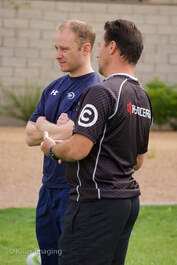
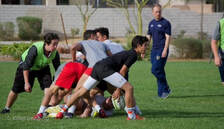
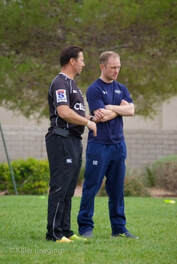
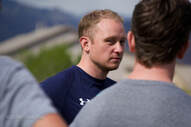
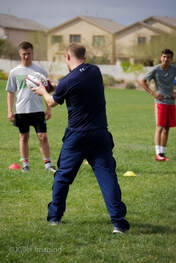
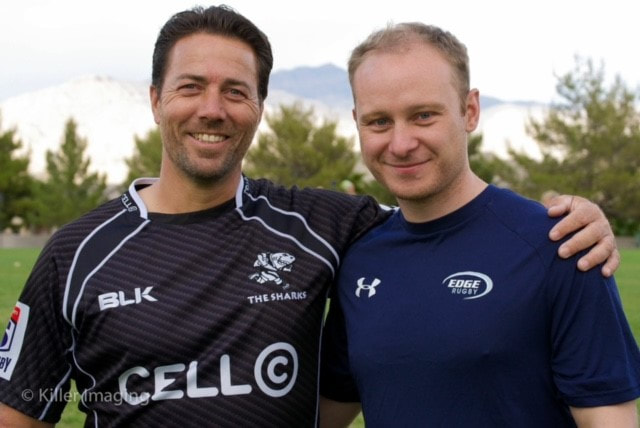
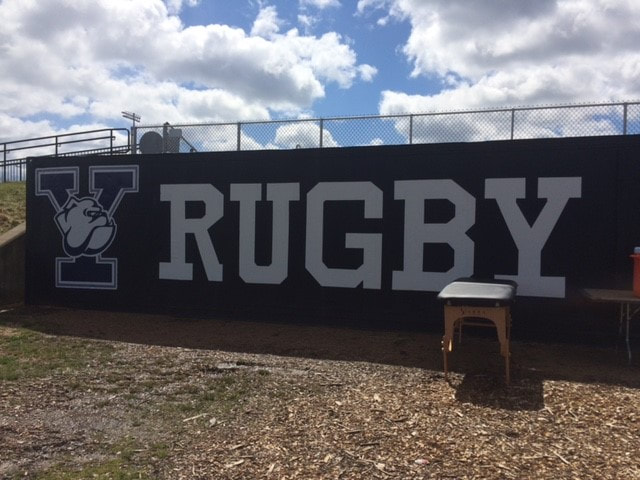
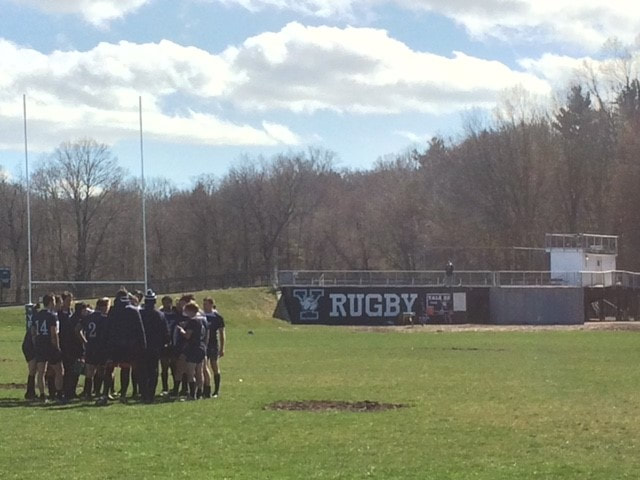
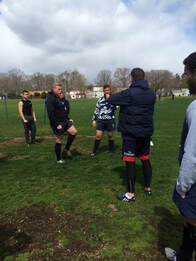
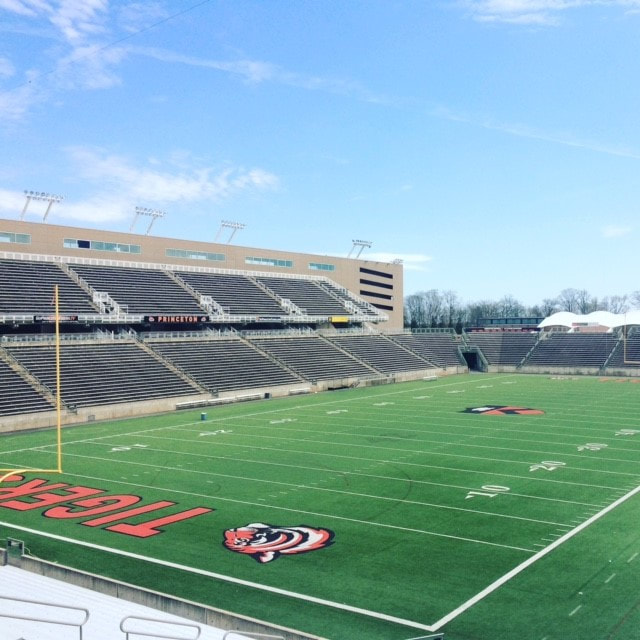

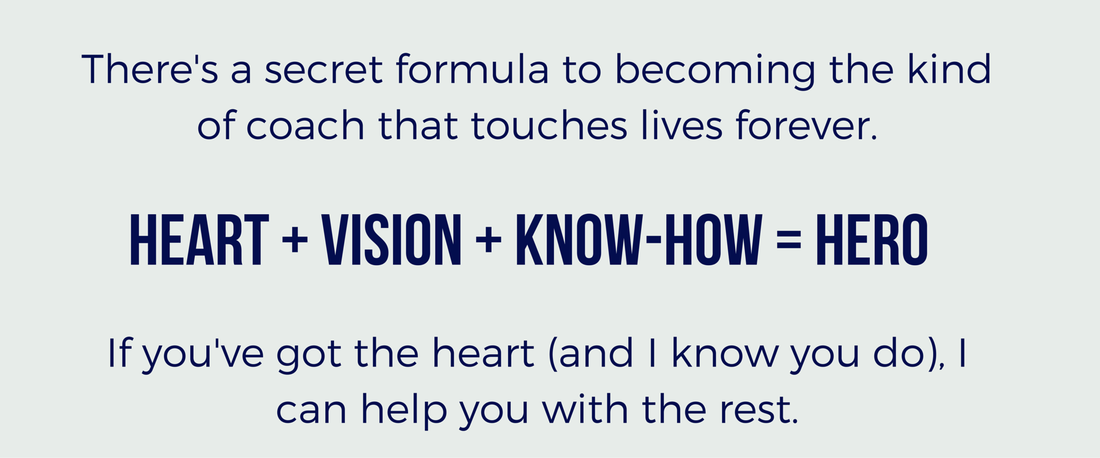
 RSS Feed
RSS Feed
